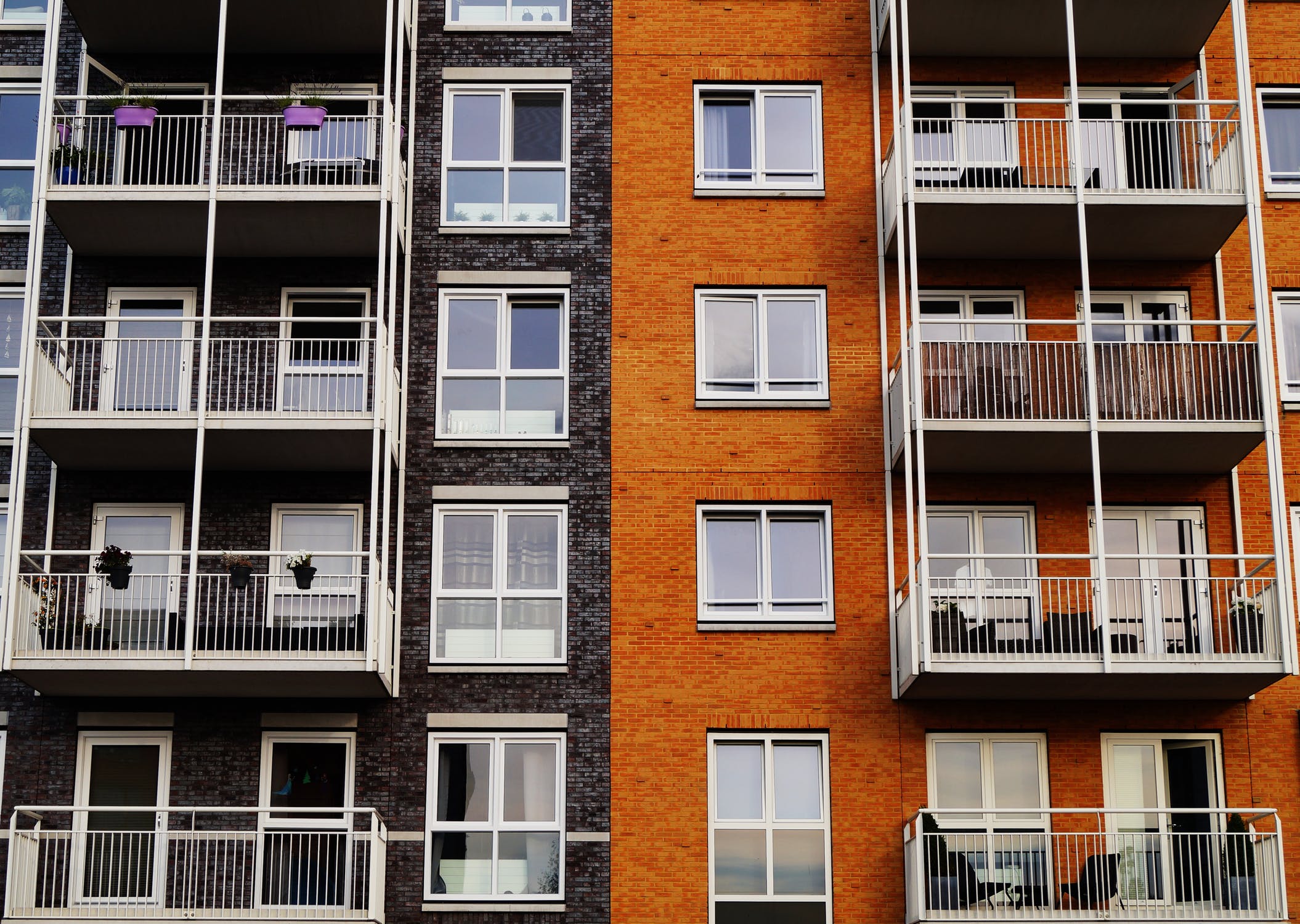The coronavirus pandemic has presented multifamily property owners and managers with a challenge unlike any they have ever faced before, and one that has brought with it dire consequences. Through Dec. 30, over 83 million people around the globe had been diagnosed with COVID-19, and over 1.8 million had died from it. Over 19.8 million of those cases, and over 343,000 of those deaths, had occurred in the United States.
The crisis, which shows no signs of abating as a new year approaches, has clearly called for extreme measures. And by and large, that is what these owners and managers have delivered. Those measures have fallen in these areas:
Communication
RKW Residential president Marcie Williams told Multifamily Executive that her organization has been assiduous about keeping its residents informed, throughout the 20,000 apartments it operates in the Southeastern U.S. The understanding, she said, is that residents need guidance from the staff, as well as someone who will “help put them at ease.”
RKW uses email to reach out, and its resident portal to answer questions. Those in charge of other organizations told Multifamily Executive that they provide updates courtesy of text messages, letters, flyers and even posters.
Cleaning
Enhanced protocols have obviously been necessary. The Department of Housing and Urban Development staged a webinar on May 4 in which it advised disinfection of such high-touch surfaces as doorknobs and light switches. Floors and walls, HUD said, can wait. Better to deep-clean those spots that are hands-on, if only in the worst way.
Contact (as in, reduced)
Common areas and exercise rooms have had to be closed. Staff hours have been reduced or staggered, so they can avoid contact with each other, as well as residents. Maintenance calls have been reduced to emergency-only. And when it comes to showing apartments to prospective tenants, virtual tours have come in handy.
Technology already in place, like that which allows for online payments, has also taken on more importance than ever.
Care
Ashley Tyndall, corporate communications director for Criterion.B, a real estate marketing agency, writes in a post for the Texas Apartment Association that managers would do well to go the extra mile for residents, just to reassure them at such a difficult time.
Maybe, Tyndall writes, that means doling out streaming service subscriptions. Maybe it means hosting a virtual game show, starting an online book club or even delivering coffee. But every little gesture helps.
Clearly there are other issues with which property owners and managers have had to concern themselves. But safety has to be the No. 1 consideration at a time like this.





